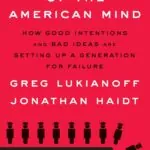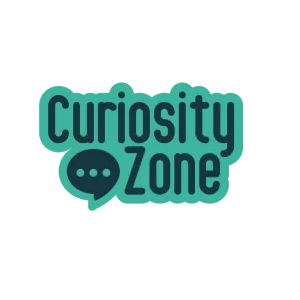
Recommended Reading: The Coddling of the American Mind
By Steve Lear
If you have ever wondered why our youth are in crisis, you’ll want to read this book.
In 2014, Greg Lukianoff, a First Amendment lawyer, and Jonathan Haidt, a social psychologist and professor, met for lunch to discuss a concerning trend: the rise of “fragile students” on college campuses who wanted to censor courses, books, and speakers that made them feel threatened or unsafe.
They decided to write an article about this trend for The Atlantic, citing three Great Untruths they saw young people embracing:
- What Doesn’t Kill You Makes You Weaker (so protect yourself from pain, discomfort, and bad experiences.)
- Always Trust Your Feelings (and never question if they might be wrong).
- Life is a Battle Between Good and Evil People (so align yourself with the good ones and shame the evil ones until they change their ways.)
These ideas qualify as Great Untruths because they contradict prevailing wisdom and modern psychology and harm the people who endorse them.

These behaviors undermine intellectual development by preventing open discussions that help students learn how to think critically and disagree respectfully. The authors believe it’s not the students’ fault – it begins in childhood, often due to the overprotective nature of parents and institutions that encourage kids to view the world as more hostile and uncontrollable than it is.
By the time the authors expanded their article into a book in 2018, this trend had spread beyond college campuses into the corporate world and national politics, creating a challenging situation for everyone. It causes problems for our youth (increased depression, anxiety, and suicide), our universities (students have less exposure to diverse viewpoints), and liberal democracies (extremists on both sides continue to incite hatred). The book examines the social forces that have shaped this trend, as well as strategies for cultivating wiser children, schools, and organizations.
Since the book’s publication, the authors have continued to monitor these trends through turbulent years that included a pandemic, an economic crisis, and political volatility. In 2021, they wrote an extensive Afterword to the book, providing readers with an update on the latest data, and developments, as well as suggestions for how we can reverse the trend by improving mental health, social media, and education.
The authors believe the ultimate solution is within reach of everyone: you will be happier and healthier, more resilient, and more likely to achieve your goals if you actively oppose the three great untruths. In other words, seek out challenges, reject cognitive distortions, and take a generous and nuanced view of how others think and behave by giving them the benefit of the doubt.
At SteveLear.org, we aim to be part of the solution. We are developing a life skills curriculum called Life-O-Nomics for young adults aged 15 to 25. It will focus on teaching emotional resilience, civic literacy, financial capability, and vocational clarity—real-world skills to help students become capable adults who can contribute to their communities and navigate life effectively. Our future depends on it!
To buy the book, read the updated Afterword, or learn more about the authors’ suggested solutions, please visit The Coddling of the American Mind website.

